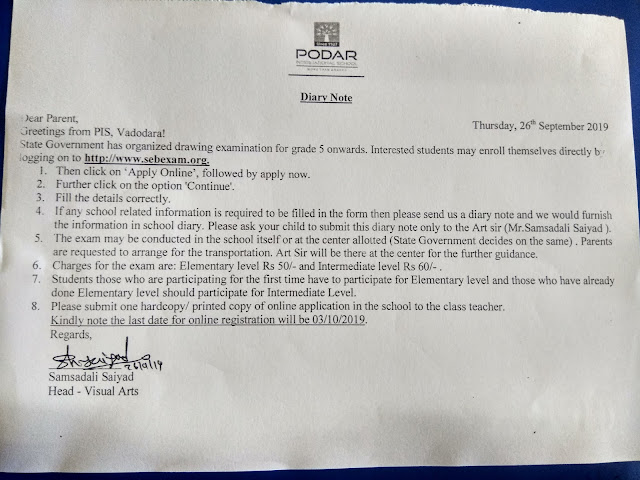1. The cells of cork are dead and have a chemical in their walls that makes them impervious to gases and water. The chemical is (a) lignin (b) suberin (c) cutin (d) wax 2. The flexibility in plants is due to a tissue called (a) chlorenchyma (b) parenchyma (c) sclerenchyma (d) collenchyma 3. The tissue present in the lining of kidney tubules and ducts of salivary glands is (a) squamous epithelium tissue (b) glandular epithelium tissue (c) cuboidal epithelium tissue (d) columar epithelium tissue 4. The connective tissue that connects muscle to bone is called (a)...
